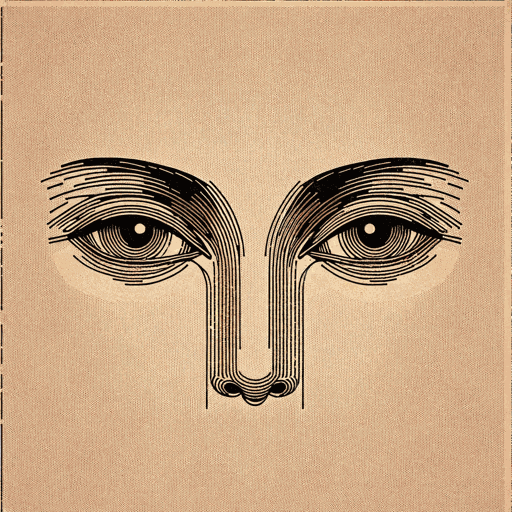18 pages • 36 minutes read
Langston HughesI look at the world
Fiction | Poem | Adult | Published in 2008A modern alternative to SparkNotes and CliffsNotes, SuperSummary offers high-quality Study Guides with detailed chapter summaries and analysis of major themes, characters, and more.
Symbols & Motifs
The Symbolic Meaning of Eyes
Technically speaking, eyes are organs in the head that help a being—person, animal, or otherwise—see the world around them. A creature can navigate the world and discern where they’re going with their eyes. In “I look at the world,” eyes have a symbolic meaning. The speaker’s eyes allow them to grasp the racist components of the society they’re in; they represent perceptions about America.
Eyes symbolize consciousness, as the speaker has “awakening eyes” (Line 2) or “eyes no longer blind” (Line 12). The speaker wasn’t asleep or blind. Rather, sight represents insight or revelations. By looking at the world, the speaker learns about their place in it. They see how racism has “[a]ssigned” (Line 5) them an unfair place in society. They envision how they can make a just world. Eyes symbolize knowledge. Through sight, the speaker gains wisdom, and, as the poem ends, they’re prepared to use their intelligence to remake the world.
The Symbolism of the Walls
In the poem, “walls” are a product of “oppression” (Line 9). The speaker explores a specific kind of oppression: Racism. Symbolically, walls separate people and confine them. In the poem, the speaker is in a “fenced-off narrow space” (Line 4). Walls symbolize the lack of freedom “[a]ssigned” (Line 5) the speaker.
Related Titles
By Langston Hughes
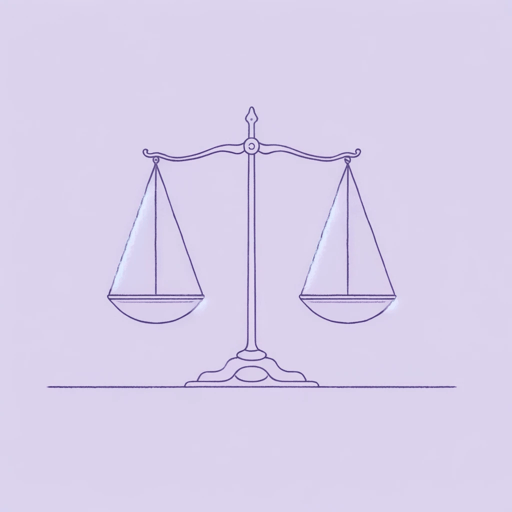
Children’s Rhymes
Langston Hughes

Cora Unashamed
Langston Hughes

Dreams
Langston Hughes

Harlem
Langston Hughes

I, Too
Langston Hughes

Let America Be America Again
Langston Hughes
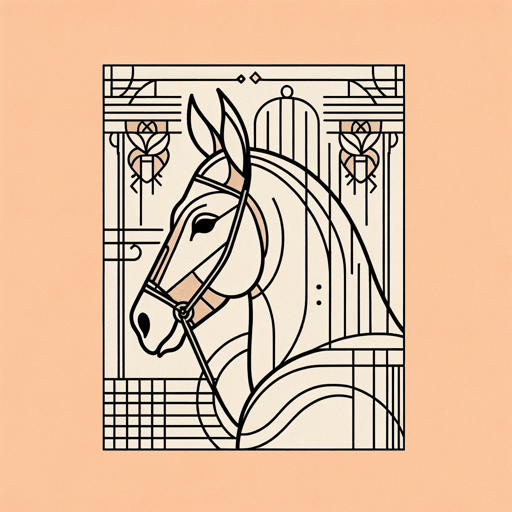
Me and the Mule
Langston Hughes

Mother to Son
Langston Hughes

Mulatto
Langston Hughes

Mule Bone: A Comedy of Negro Life
Langston Hughes, Zora Neale Hurston
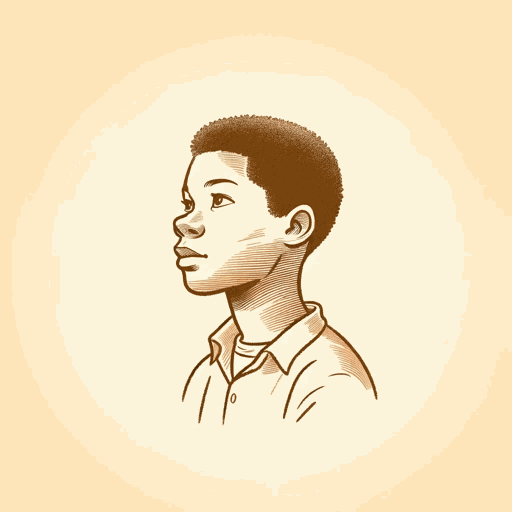
Not Without Laughter
Langston Hughes

Slave on the Block
Langston Hughes
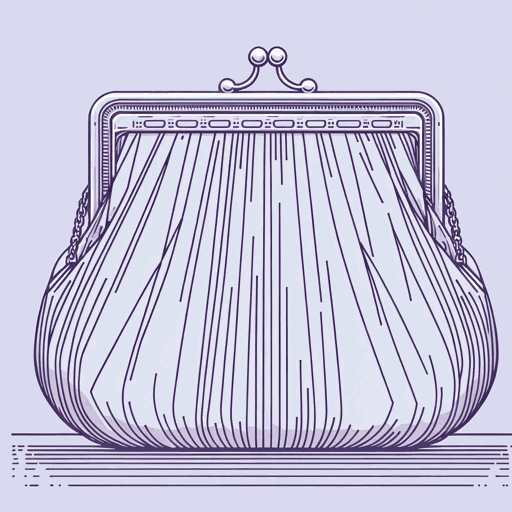
Thank You, M'am
Langston Hughes

The Big Sea
Langston Hughes
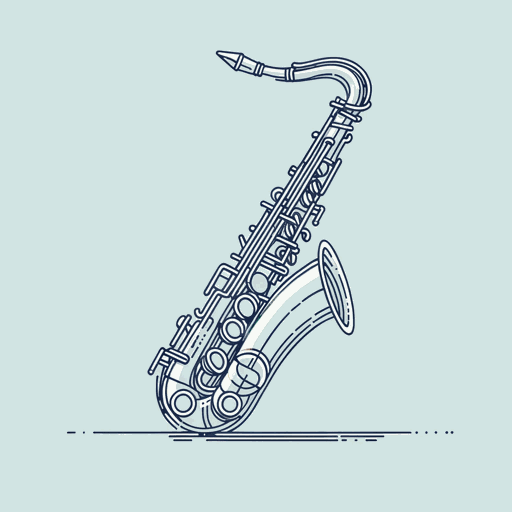
Theme for English B
Langston Hughes
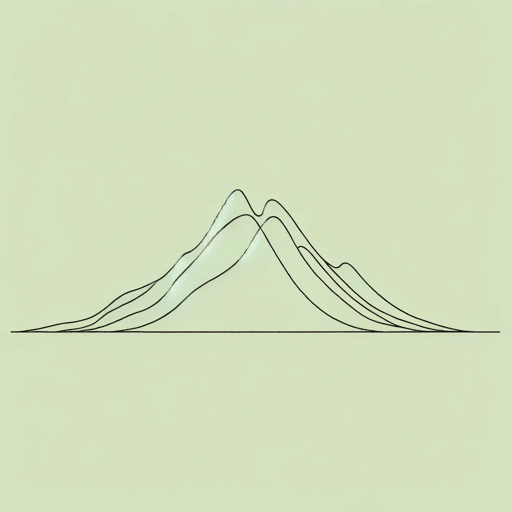
The Negro Artist and the Racial Mountain
Langston Hughes

The Negro Speaks of Rivers
Langston Hughes

The Ways of White Folks
Langston Hughes

The Weary Blues
Langston Hughes

Tired
Langston Hughes
